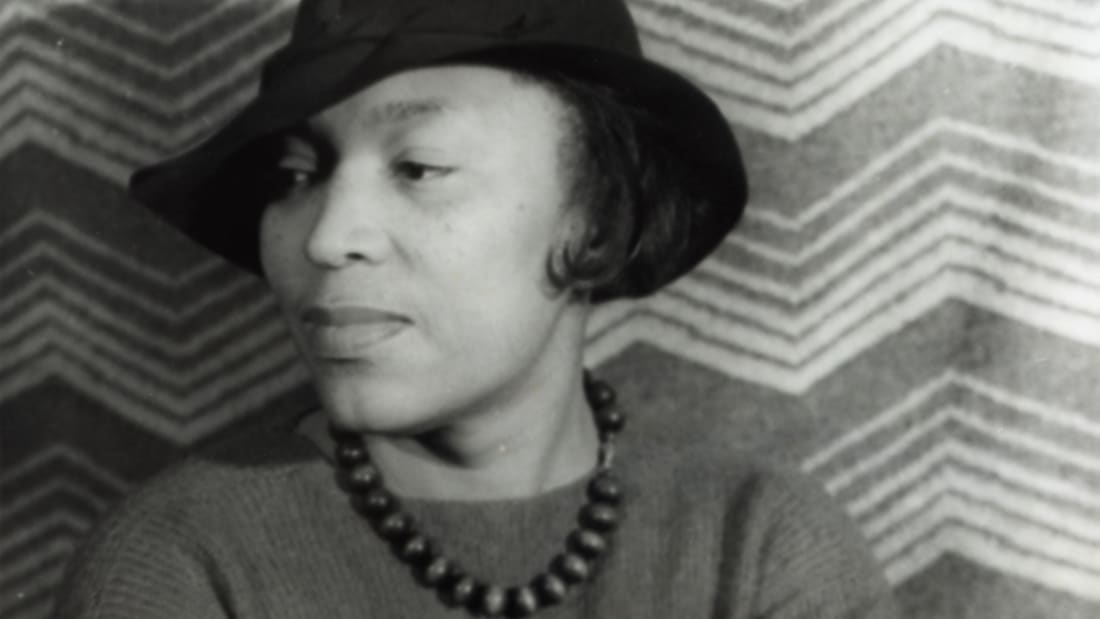In the Boston Review, historian Gili Kliger reviews a new book that tells the story of the small group of mostly female scholars who changed the direction of anthropology: Gods of the Upper Air: How a Circle of Renegade Anthropologists Reinvented Race, Sex, and Gender in the Twentieth Century by Charles King. These women were all students of the groudbreaking anthropoligst Franz Boas, and in their fieldwork they demostrated how norms of gender and race were culturally specific rather than universal and fixed. Here’s an excerpt from the review:
A group biography of Boas and four of his disciples—Ruth Benedict, Margaret Mead, Zora Neale Hurston, and Ella Cara Deloria—the book illuminates the context and stakes behind a transformative period in the history of the social sciences. Boas’s other influential students receive much less attention, among them the linguist Edward Sapir, who applied methods typically reserved for “civilized” languages to the study of indigenous ones and advanced the still controversial thesis of the linguistic relativity of thought, and the anthropologist Melville J. Herskovits, who helped establish African and African American studies in the U.S. academy.
But King’s selection of characters may be his most instructive contribution. The story he tells is not only about an important moment in the history of the social sciences, but also about a group of women whose travels across the American empire liberated them, in some measure, from the constraining norms of their time. Not all cultures, it turned out, were as good as any other. And it was, in particular, the culture at home that they found wanting.
Image of Zora Neale Hurston via Mental Floss.
